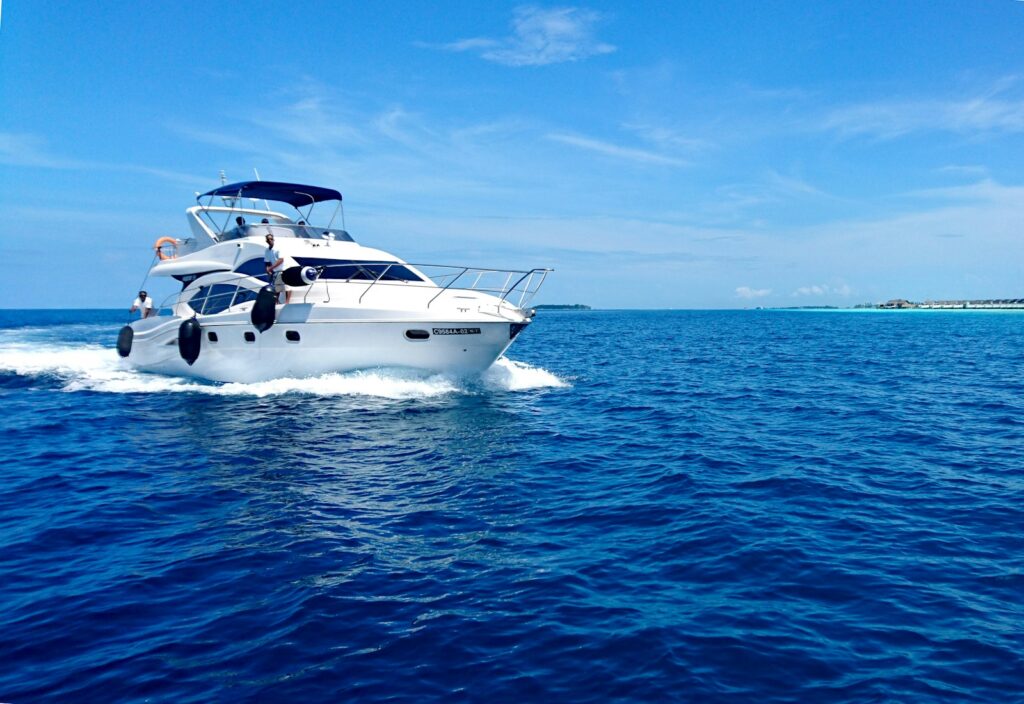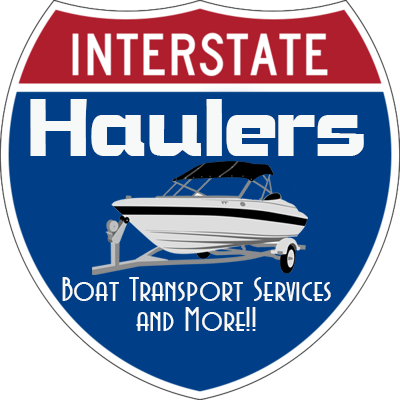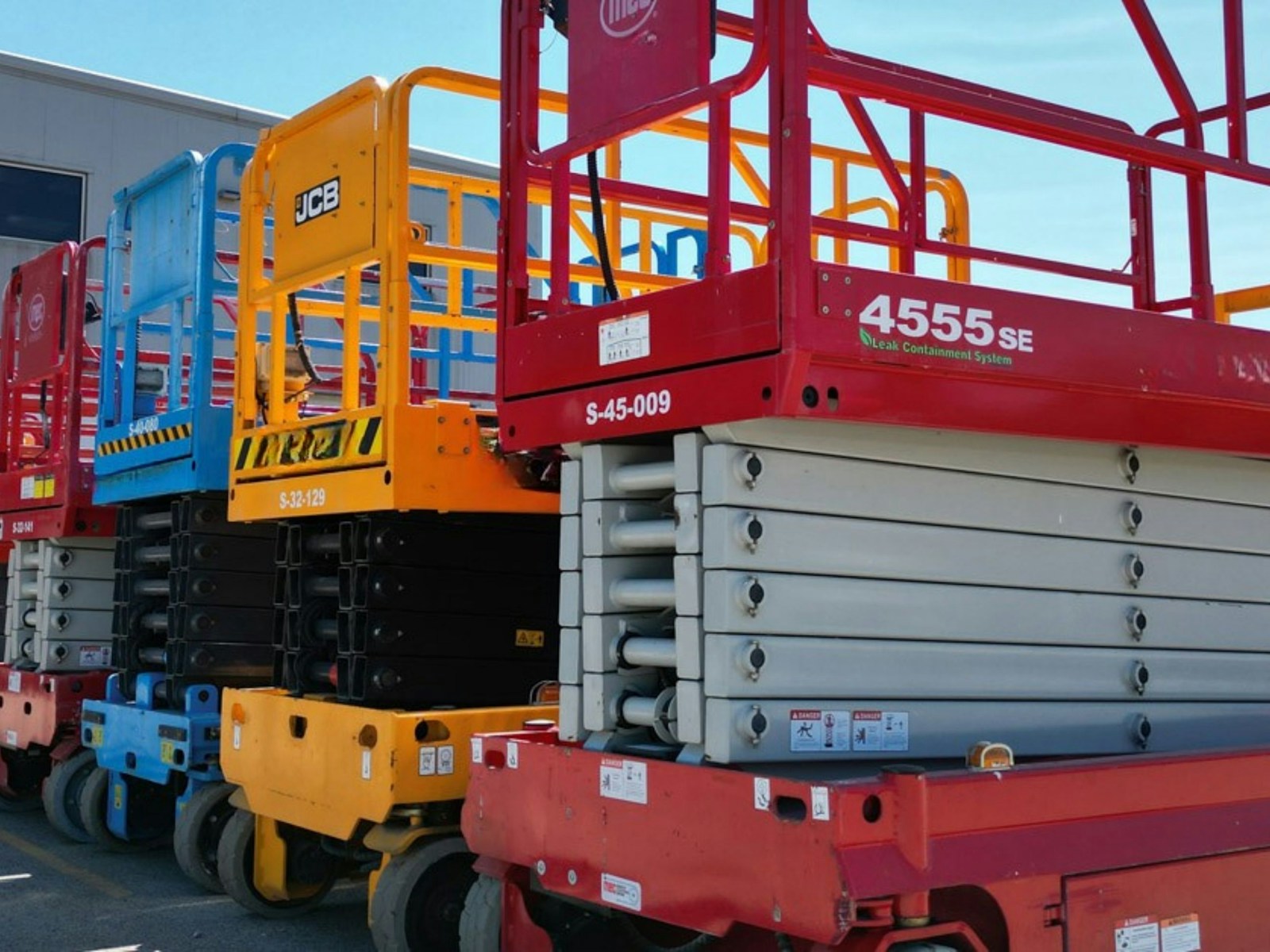South Carolina’s pristine coastline stretches over 180 miles, offering some of the most spectacular boating opportunities on the East Coast. From the historic charm of Charleston Harbor to the pristine waters of Hilton Head Island, the Palmetto State attracts boat owners from across the nation. Whether you’re relocating permanently, purchasing a vessel from another state, or simply moving your boat to different waters for the season, understanding how to transport your boat safely and efficiently along South Carolina’s coastline is essential.
Moving a boat involves far more complexity than typical vehicle transport. The logistics of navigating permits, choosing qualified transporters, and preparing your vessel for the journey require careful planning and professional expertise. This comprehensive guide will walk you through every aspect of boat transport in South Carolina, from understanding legal requirements to selecting the right transport company for your specific needs.
The process becomes even more critical when dealing with larger boats, yachts, or sailboats that require specialized equipment and experienced drivers. South Carolina’s coastal geography presents unique opportunities and challenges that demand knowledge of local waterways, port facilities, and transportation infrastructure.

Photo by Emily Grace Corley on Unsplash
Understanding South Carolina’s Coastal Waterways
South Carolina’s coastline features an intricate network of rivers, inlets, and sounds that create both opportunities and challenges for boat transport. The state’s major ports in Charleston, Georgetown, and Port Royal serve as crucial entry and exit points for vessel transportation. These facilities accommodate everything from small powerboats to luxury yachts requiring international boat transport services.
The Intracoastal Waterway runs the entire length of South Carolina’s coast, providing a protected route for boats traveling between northern and southern destinations. However, overland transport often proves more efficient and cost-effective, especially for longer distances or when time constraints exist.
Charleston Harbor stands as the state’s primary maritime hub, handling significant commercial and recreational vessel traffic. The port’s infrastructure supports various transport methods, including roll-off services for boats without trailers and specialized hauling equipment for larger vessels. Georgetown and Beaufort also serve as important regional transport centers, particularly for boats accessing the state’s inland waterways.
Legal Requirements and Permits for Boat Transport
Transporting boats in South Carolina requires compliance with both state and federal regulations. The South Carolina Department of Natural Resources oversees boat registration and titling requirements, while the Department of Transportation governs oversized load permits for larger vessels.
Boats exceeding standard width, height, or length dimensions require special permits before transport can begin. Most powerboats and sailboats fall into this category due to their beam width exceeding nine feet. Professional boat transport companies handle permit acquisition as part of their service, ensuring compliance with all relevant regulations.
Interstate transport adds another layer of complexity, as each state maintains its own permitting requirements. Experienced boat transporters maintain relationships with permitting agencies across multiple states, streamlining the process for customers. The permit process typically takes 24-48 hours, though complex routes or oversized vessels may require additional time.
Insurance For Boat and Yacht Transport
Insurance requirements vary depending on the vessel’s value and transport distance. Reputable transport companies carry comprehensive insurance coverage protecting both the boat and customer throughout the journey. Verify coverage details before selecting a transport provider, particularly for high-value yachts or vintage vessels.

Photo by Alina Kacharho on Unsplash
Choosing the Right Boat Transport Company
Selecting a qualified boat transport company represents one of the most critical decisions in the relocation process. Interstate Haulers has established itself as a leading provider of boat transportation services, offering comprehensive solutions for vessels of all sizes. Their experienced drivers and specialized equipment ensure worry-free transport for customers across the country.
Professional boat transporters offer several key advantages over general freight companies. Their drivers possess specific training in boat handling, understanding the unique challenges of securing and transporting vessels safely. Specialized trailers and equipment accommodate different boat types, from small fishing boats to large yachts requiring flat rack transport systems.
Communication throughout the transport process sets professional companies apart from discount providers. Reliable transporters maintain regular contact with customers, providing updates on pickup times, route progress, and delivery schedules. This communication proves particularly valuable for coordinating marina access or preparing receiving facilities.
Fleet diversity allows professional transport companies to accommodate various vessel types efficiently. Interstate Haulers maintains a comprehensive fleet capable of handling boats with or without trailers, ensuring appropriate equipment for each transport job. This flexibility eliminates the need for customers to coordinate multiple service providers.
Boat Transportation Services Offered by Interstate Haulers
Interstate Haulers provides comprehensive boat transport solutions tailored to South Carolina’s unique coastal requirements. Their services extend beyond basic boat hauling to include specialized transport for RVs, industrial trailers, and heavy equipment, making them a one-stop solution for recreational vehicle owners.
Boat transport services accommodate vessels both with and without trailers. For boats lacking transport trailers, the company provides specialized equipment including flat racks and custom cradles designed to secure vessels safely during transport. This service proves particularly valuable for sailboats, yachts, and other vessels not equipped with road-worthy trailers.
The company’s network extends nationwide, enabling seamless transport to and from South Carolina’s coastal regions. Whether relocating from the West Coast, transporting a newly purchased vessel from Florida, or moving to international shipping ports, Interstate Haulers coordinates the entire logistics chain.
Additional services include coordination with marinas, yacht clubs, and boat dealers for pickup and delivery. This comprehensive approach eliminates customer stress and ensures professional handling throughout the transport process. The company’s established relationships with coastal facilities streamline the loading and unloading process.

Photo by Jessica Lewis 🦋 thepaintedsquare on Unsplash
Preparing Your Boat for Transport: A Detailed Checklist
Proper preparation significantly impacts transport safety and efficiency. Begin preparation at least one week before scheduled pickup to address any issues that arise during the inspection process. Professional boat movers provide detailed preparation checklists, but understanding the requirements helps ensure nothing gets overlooked.
Remove all personal items from the boat, including electronics, safety equipment, and loose gear. Transport vibrations and movement can damage unsecured items or cause them to become projectiles during transit. Store removable electronics separately or secure them with appropriate padding and restraints.
Drain all water systems to prevent freeze damage during winter transport or weight issues during loading. This includes fresh water tanks, waste holding tanks, and any water trapped in plumbing systems. Fuel tanks should be reduced to no more than one-quarter full to minimize weight and safety hazards.
Secure or remove canvas covers, bimini tops, and other fabric elements that could catch wind during transport. High winds can tear covers or create dangerous situations for other motorists. If covers must remain, ensure they’re properly secured with additional tie-downs and inspect them regularly during transport.
Disconnect and secure the boat’s battery to prevent electrical shorts or drainage during transport. Remove or secure antennas, fishing rod holders, and other protruding equipment that could be damaged or cause clearance issues. Document the boat’s condition with photographs before transport begins.
The Boat Transport Process: From The Boat Mover Pickup to Delivery
The transport process begins with accurate scheduling and clear communication between all parties involved. Professional boat transporters conduct pre-transport inspections, documenting the vessel’s condition and identifying any special handling requirements. This documentation protects both the customer and transport company.
Loading represents the most critical phase of the transport process. Experienced drivers use specialized equipment to position boats securely on trailers or transport platforms. Proper weight distribution ensures safe handling and prevents damage to the vessel during transport. The loading process may require crane assistance for larger boats or vessels without trailers.
Route planning considers bridge clearances, weight restrictions, and road conditions that could impact transport safety. Professional transporters maintain databases of route-specific information, enabling efficient navigation while avoiding potential obstacles. Real-time monitoring allows for route adjustments when unexpected conditions arise.
During transit, professional drivers conduct regular inspections of securing systems and vessel condition. Modern transport companies provide tracking capabilities, allowing customers to monitor progress and receive updates on delivery timing. This transparency provides peace of mind throughout the transport process.
Cost Factors: Understanding Boat Transport Pricing
Boat transport pricing depends on multiple variables that affect both the complexity and risk of the transport job. Distance represents the primary cost factor, with longer routes requiring more fuel, driver time, and potential overnight expenses. However, the relationship between distance and cost isn’t always linear due to route efficiency factors.
Vessel size significantly impacts pricing due to permit requirements, escort vehicle needs, and specialized equipment demands. Boats exceeding standard dimensions require oversized load permits and may need escort vehicles for safe transport. These requirements add substantial costs to the base transport fee.
Timing flexibility affects pricing considerably. Rush jobs or specific delivery date requirements limit the transporter’s ability to consolidate loads or optimize routes. Customers willing to accept flexible scheduling often receive more competitive pricing as transporters can coordinate multiple deliveries efficiently.
Seasonal demand influences pricing, with peak boating season commanding premium rates. Spring transport from winter storage facilities and fall transport to storage locations represent high-demand periods. Planning transport during shoulder seasons can result in significant cost savings.
Testimonials from Satisfied Clients
Interstate Haulers has earned numerous positive reviews from customers who have experienced their professional boat transport services. Lori Mann praised their excellent communication and accommodating service when her loan closing required multiple pickup date adjustments. Her boat transport from Wisconsin to North Carolina went perfectly, demonstrating the company’s flexibility and reliability to keep things running smoothly.
Ron highlighted the team’s terrific service and reasonable rates for transporting his boat from Massachusetts to Oklahoma. The company’s ability to provide flexible delivery dates and times accommodated his schedule while ensuring the boat and accessories arrived in perfect condition.
Graham Terhune emphasized the company’s good communication and prompt response to questions during his boat transport from South Carolina to Maine. His boat arrived in great condition, and he expressed confidence in using their services again for future transport needs.
Mary Swisher’s experience demonstrated the company’s ability to handle urgent transport requests. When other providers couldn’t accommodate her timeline, Interstate Haulers arranged pickup and delivery within a single day, transforming a stressful situation into a positive experience.
Boat Resources
Whether you’re new to boating or a seasoned sailor, having access to reliable resources can enhance your experience on the water. Below is a curated list of helpful boat-related resources:
- Navionics – Explore detailed nautical charts, GPS navigation, and route planning tools for boaters.
- American Sailing Association (ASA) – Gain knowledge through sailing courses, certifications, and resources for sailors of all skill levels.
- Boat Trader – Browse a wide selection of boats for sale, perfect for finding your next vessel or researching market trends.
- NOAA Marine Weather – Access detailed maritime weather updates, including warnings and conditions for safe navigation.
- BoatUS – A comprehensive resource for boat owners, offering safety tips, insurance, and on-water towing services.
- US Coast Guard Boating Safety – Explore safety guidelines, regulations, and educational resources for safe and responsible boating.
- Discover Boating – Learn about different types of boats, and maintenance tips, and even find local boating events.
- Sailnet – A community for sailors with forums, articles, and advice on all things sailing.
- Marinas.com – Find and review marinas, anchorages, and destinations to plan your boating trips.
These resources can provide guidance and support, whether you’re planning your next adventure or ensuring safety on the water.

Additional Related Services: RV Movers and Marine Partnerships
Interstate Haulers extends their expertise beyond boat transport to include comprehensive RV moving services. This capability proves particularly valuable for customers who own multiple recreational vehicles or require coordinated transport services. Their experienced drivers handle motorhomes, travel trailers, fifth wheels, and specialty RVs.





